|
Ridley Scott’s been directing through six decades, and each of those decades have yielded at least one movie that any filmmaker would be proud to have on their resume. Scott’s most recent critical hit, The Last Duel, brought a Rashomon twist to the kind of thrilling period epics that he’s had so much success with, though Robin Hood and Exodus: Gods and Kings speaks to a less than perfect track record. With Napoleon, the ingredients are there for another mark in the The Duellists or Kingdom of Heaven (director’s cut, of course) column, as opposed to less successful fare like 1492: Conquest of Paradise. Joaquin Phoenix playing perhaps the most impactful individual of the entire 19th century and reuniting with Scott 20 years after the role that earned Phoenix his first Oscar nomination sounds like a recipe for success, but the result is instead a failure of scope and focus that must be read as a satire for the film to work at all. Scott’s no Armando Ianucci, and Napoleon is a low point for the director’s career.
0 Comments
Alexander Payne’s magnificent return to form, The Holdovers, begins with an aching song by Damien Jurado played over the wintry landscape of a New England boarding school. Payne might have plucked this song out of the film’s 1970’s setting, as it sounds like a lot of the melancholy folk from that era, but just like Payne and The Holdovers itself, Jurado is a contemporary artist bringing the tone of the past into a present that doesn’t have much patience for art that’s a little slow and a little atmospheric. By immediately letting the viewer know that his film is going to contain that and more, that it’s going to embody a setting and a time period, Payne gives them permission to let themselves get swept away in his best film since Election, a film as acerbic as The Holdovers is earnest.
American legal dramas are an instantly recognizable genre, from the cookie-cutter crime shows of Dick Wolf to John Grisham’s noble underdogs. Plain-speaking country lawyers butt up against slick guys in expensive suits, turning the trial into a contest of charisma more than anything related to the law itself. There’s a preening theatricality to most representations of the American court system that can provide opportunities for great/big acting, but the manipulation too often becomes apparent. Two French legal dramas in 2023 provided an antidote to the Few Good Men and Times To Kill of the world. Saint Omer and Anatomy of a Fall presented a vision of a legal system that didn’t need to pretend anyone was stupid, that took its time with the case and kept a low but focused volume. Both are intensely interested in the psychological state of the accused, spending far more time on that than any forensic pseudo-science. Anatomy of a Fall especially is just as, if not more, entertaining and compelling than a legal drama, or most any other genre of film. Whatever the mysterious mechanics of the French legal system, Justine Triet’s phenomenal work is bursting with ideas, making its American counterparts look tawdry and immature. It’s therefore a perfect French export.
David Fincher’s well known as a director for a lengthy repetition of takes. Like similarly meticulous director’s before him, he wants dozens and dozens of versions of the same conversation, breaking down his actors and getting the most natural reading possible. That level of organization and obsession is sometimes shared in his characters, but rarely his protagonists. John Doe in Seven might have a detailed plan, but Mills and Somerset do not. When his characters do have plans, like Amy Dunne or the unnamed killer in Fincher’s latest, The Killer, the god of the film (Fincher) laughs at them and makes them change their strategy. No one but him is allowed to be so in control, even when characters are sure they share a level of omnipotence. This has never been more true than in The Killer, a gun-for-hire story that pairs Fincher’s unreliable narrators with his singular mastery of the frame. It’s a unity of Fincher’s career-long desire to get his arms around every aspect of film production and his frustration with a failure to do so, while also being an immaculate action film and cry into the void about the impersonal nature of corporate hierarchy.
When Martin Scorsese makes a crime movie, he starts slowly, like in Casino or Wolf of Wall Street where the first crimes, like bookmaking and pump-and-dump penny stock schemes, have ill-defined victims, if they even exist. Conversely, in Goodfellas, it begins with a vicious murder immediately undercut by Sinatra and a warm childhood flashback. The knife thrusts are remembered, but they fade. In Killers of the Flower Moon, however, nothing fades. In depicting the murders visited upon the oil-rich Osage nation in the 1920’s, Scorsese gives the viewer nowhere to hide from the cruelty, betrayal, and savagery that defined those deeds. He can’t help but make an entertaining and propulsive film, even with material as dark as this, but he hasn’t made something this bleak and oppressive since Raging Bull. Scorsese’s previous film, The Irishman, felt like the final statement on mob movies. Killers of the Flower Moon shows that there are other, darker ways into organized crime, especially when the targets take center stage.
When a movie like Top Gun: Maverick or Spider-Man: No Way Home dominates the box office, it’s reassuring that good-to-great output gets rewarded but it’s not surprising. What is surprising is when a three hour period biopic, partly in black and white and heavy with technical dialogue, packs theaters for weeks while also managing to be one of the finest films of the 2020’s. Christopher Nolan’s best work hasn’t needed comic book or sci-fi trappings. His WWII nail-biter Dunkirk was his previous peak, but that’s now been supplanted by Oppenheimer, a dense and meaningful historical thriller that doubly serves as a coherent primer on the entire 20th century. For me, Nolan has never been a director who’s made something that works to this degree. It’s nice to finally understand what everyone’s been talking about.
No one knows what’s going to be the next blockbuster trend in Hollywood, now that superheroes are no longer a surefire path to a billion dollars. The director of Lady Bird and Little Women has perhaps provided the way forward with highly choreographed, tongue in cheek toy commercials featuring game A-list stars. Greta Gerwig’s third film thrilled global audiences and is now in the thick of awards season, cementing her as one of the industry’s most powerful directors. Barbie’s domination of the 2023 summer box office and the preceding marketing blitz put movies back in the cultural driver’s seat, a primacy that would’ve lasted longer had studio executives not sabotaged themselves in the worst possible moment and driven their creative teams to strike. Regardless of how its moment was squandered, Barbie is going to have continued ramifications for years to come through sequels and imitators that either fail to replicate its success or build on Gerwig’s imaginative but flawed entry.
Top Gun: Maverick, the film in which Tom Cruise supposedly saved cinema, worked as a metaphor for Cruise’s career in multiple flattering ways, from its analog-versus-digital prologue to its ultimate choice to stop trying to replace Cruise’s Maverick and just let him save the day himself. These kinds of readings are the only way that Cruise is going to engage with filmmaking beyond giant spectacle. His days of serious dramas seem to be dead, but the viewer can keep analyzing Cruise through his death-defying stunts, the latest series of which takes place in Mission: Impossible – Dead Reckoning: Part One. In Cruise’s seventh franchise entry and third with writer/director Christopher McQuarrie, Ethan Hunt and the IMF squares off against a rogue AI, which the world’s major powers are all racing to acquire and control themselves while Hunt is trying to destroy it. Cruise as the lone man stopping the advance of harmful technology places him exactly where he wants to be at this phase of his career. He is on a mission to show that filmmaking isn’t broke and therefore shouldn’t be fixed. Meanwhile, Disney is replacing extras with AI-generated oddities who are several iterations away from looking human.
My favorite Wes Anderson film, The Grand Budapest Hotel, takes its first several minutes to introduce a story within a story within a story. The center of this tangled device is where the vast majority of the film takes place, before unwinding in a brief epilogue back to where it started. Asteroid City, Anderson’s latest, does the same thing but in a much more intrusive way. The setting that formed the basis of Asteroid City’s marketing is a theatrical play, but the viewer also gets a reenactment of the production and the behind-the-scenes drama of the play. That none of this was tipped to the viewer before Asteroid City made its way to theaters is an off-putting move by the promotion department, but once settled in, the themes he’s trying to pull out of the most complicated structure he’s ever attempted begin to appear. Anderson’s intermittently successful in the least of his last four live-action releases, but then, Grand Budapest also was a grower for me. On the fourth or fifth rewatch, maybe Asteroid City will suddenly click into place.
Spider-Man: Into the Spider-Verse has become one of the most influential films of the last decade. Its fantastical animation style has provided a counterpoint to the photorealism of Pixar, and is being aped by animation titans like Dreamworks. It proved that audiences would turn out for multiverse storytelling, a theme that has overtaken superhero franchises and the Oscars. Into the Spider-Verse’s sequel, Across the Spider-Verse, isn’t likely to have that kind of historical footprint, as it’s building upon what the original started, but it is the rare second-chapter that eclipses its impressive predecessor. Across the Spider-Verse enlarges an already-huge world, adding more new characters and environments and challenges while also deepening the characters the audience is familiar with, and it does so with a stunning color palette and an aesthetic sense that makes it the latest embodiment of cool. It even manages to squeeze in new ideas about superheroes after fifteen years of general audiences drowning in them. Spider-Man: Across the Spider-Verse is a high-water mark for both animation and comic-book movies, validating all the imitators who have hitched their wagons to the correct train and undoubtedly inspiring new ones.
|
Side PiecesRandom projects from the MMC Universe. Categories
All
Archives
April 2023
|
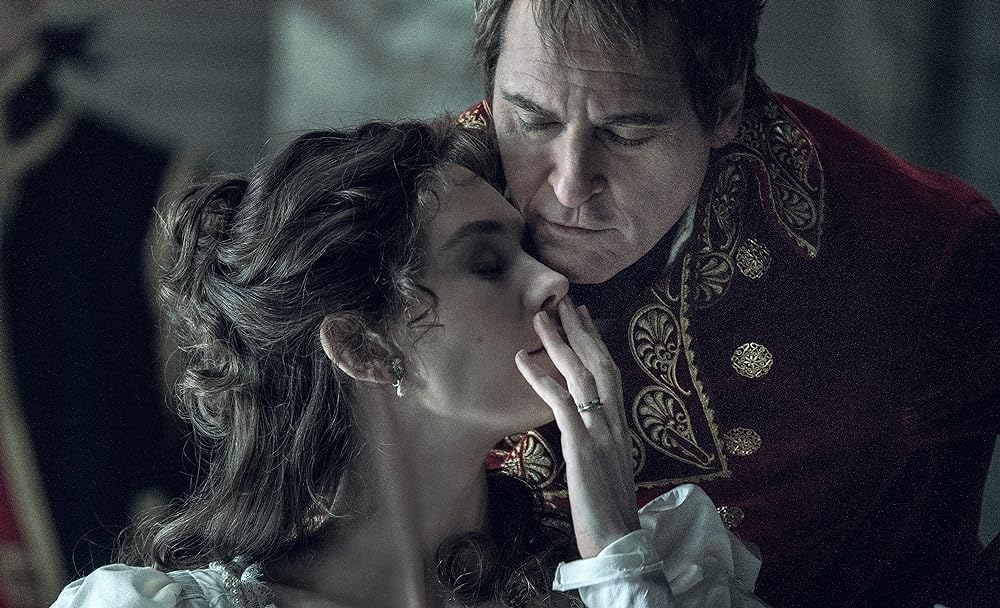
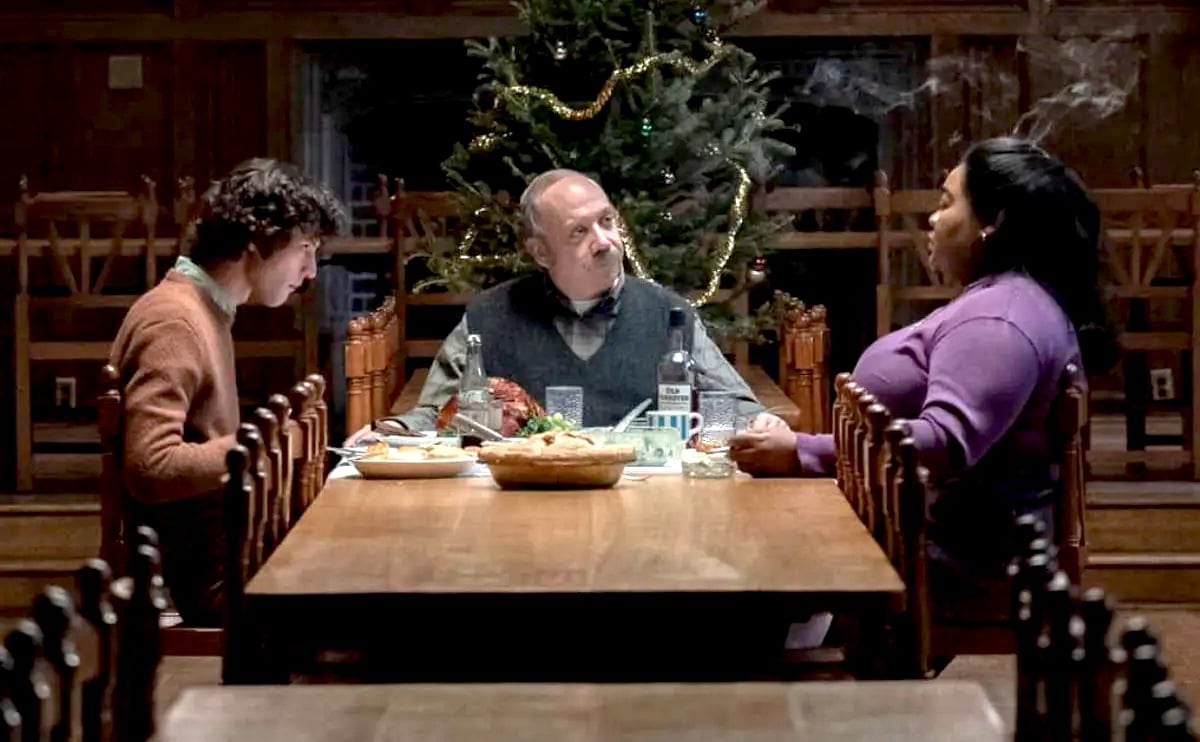
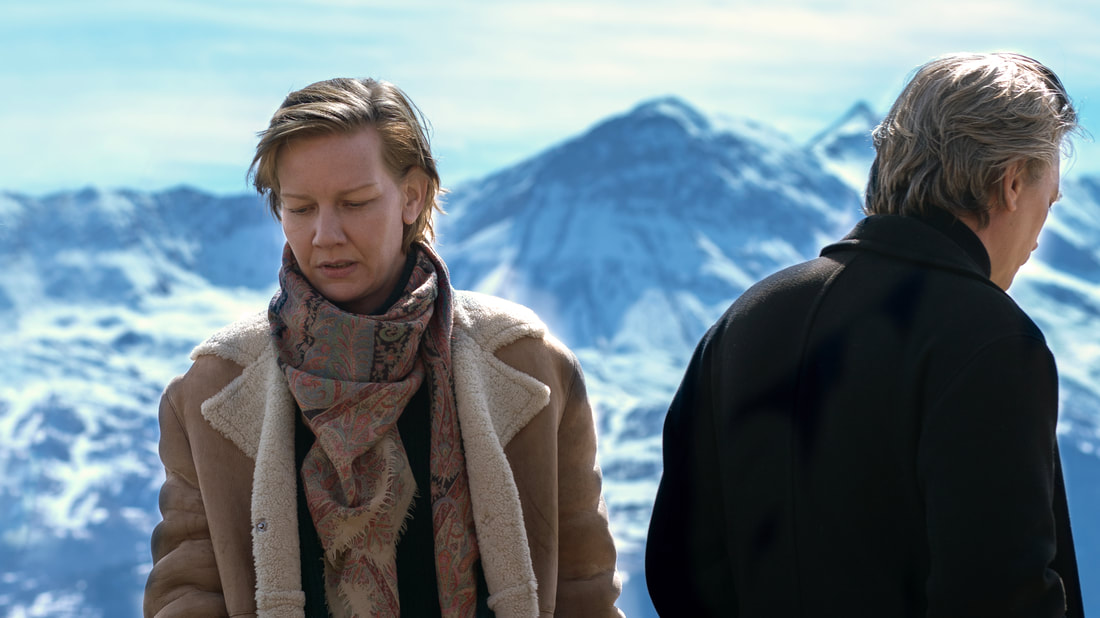
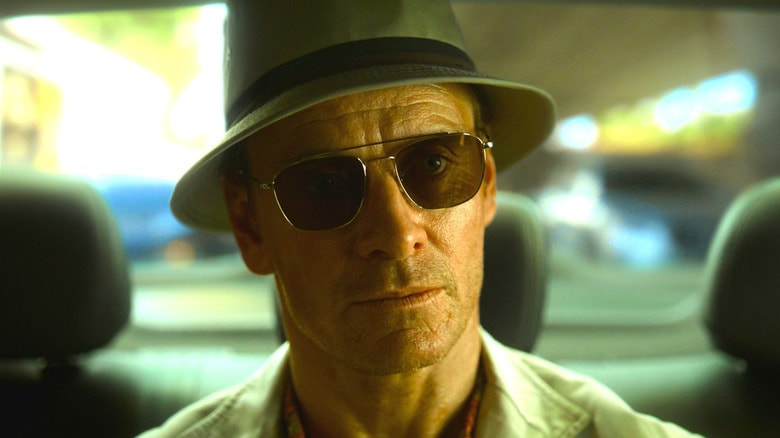
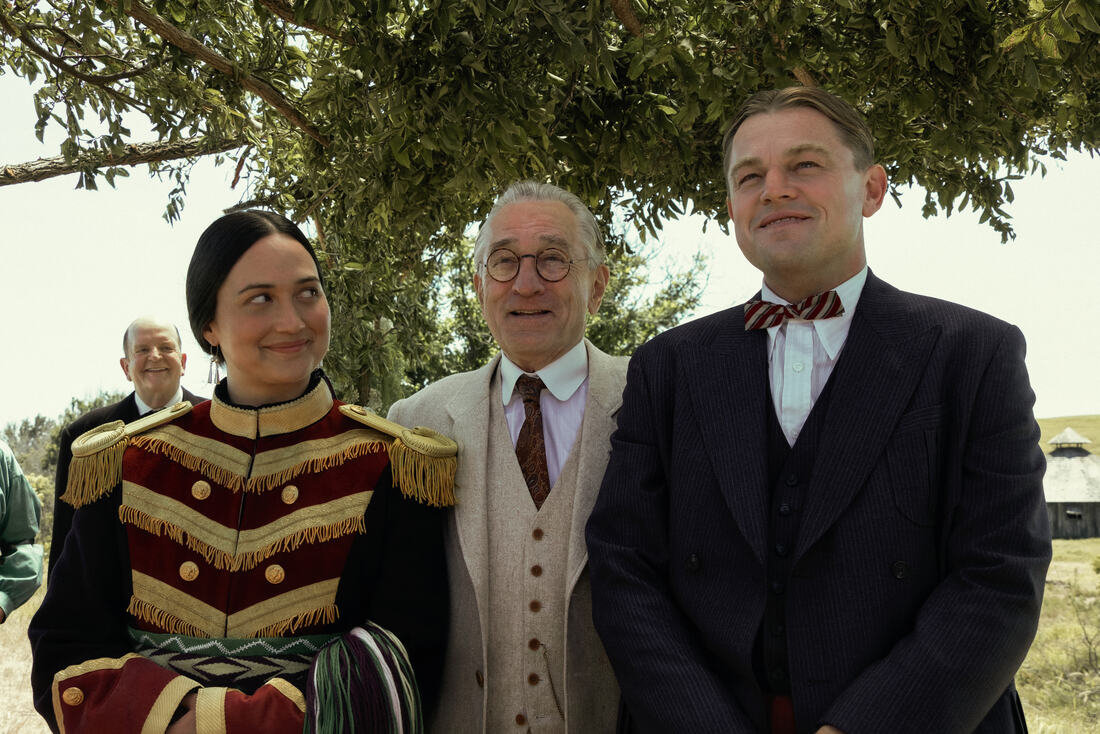
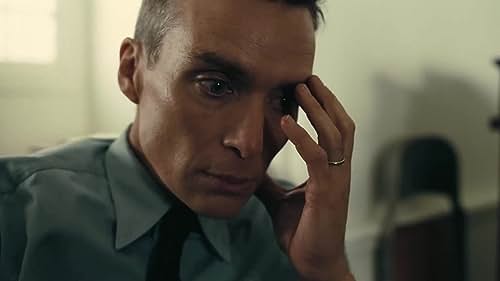
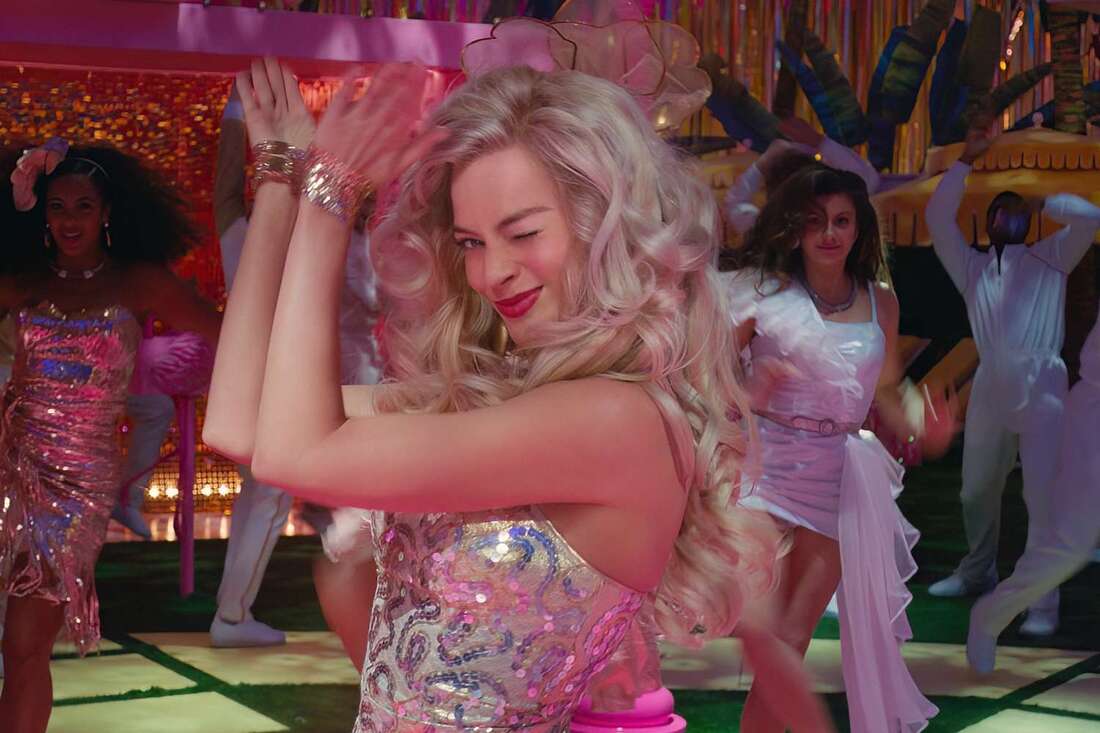
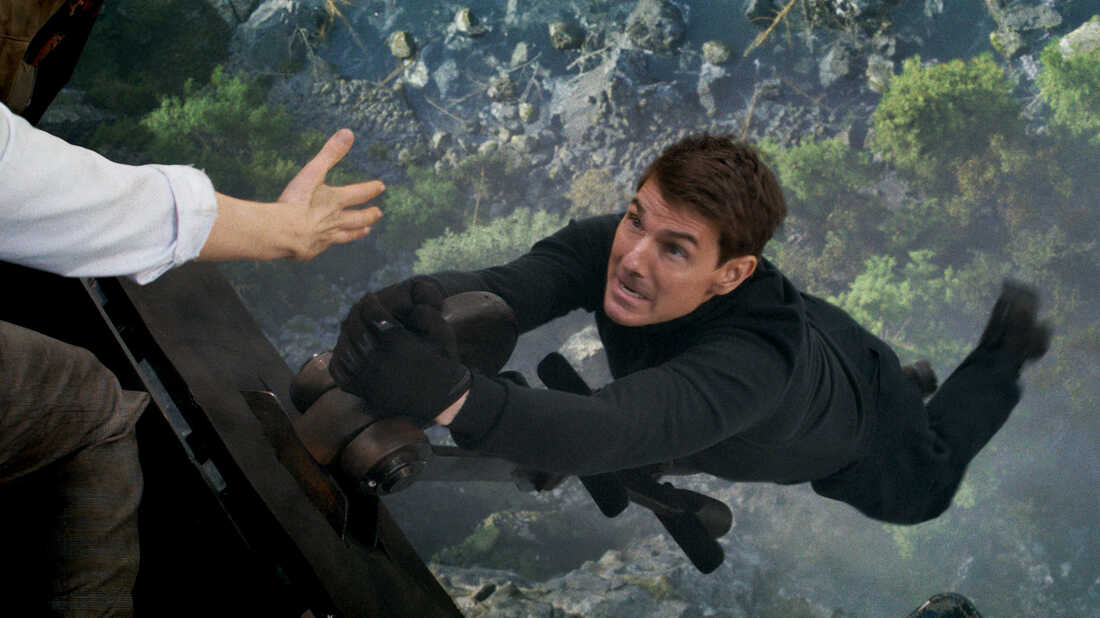
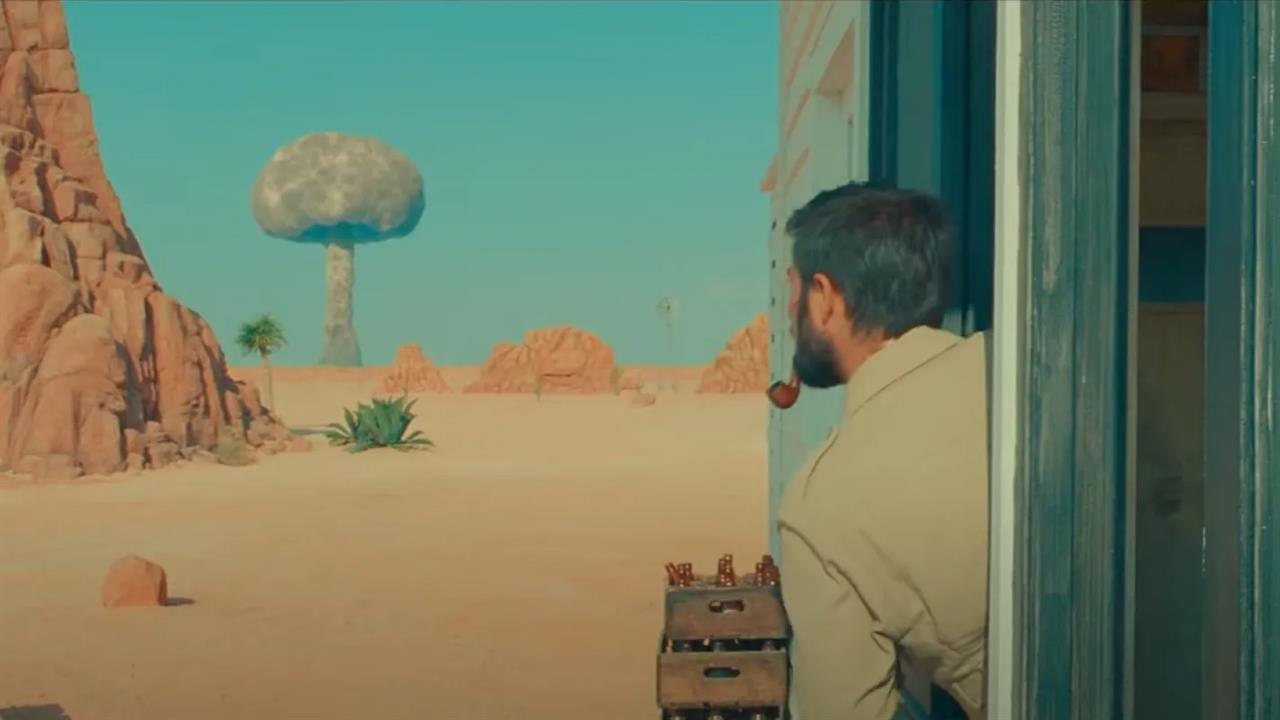
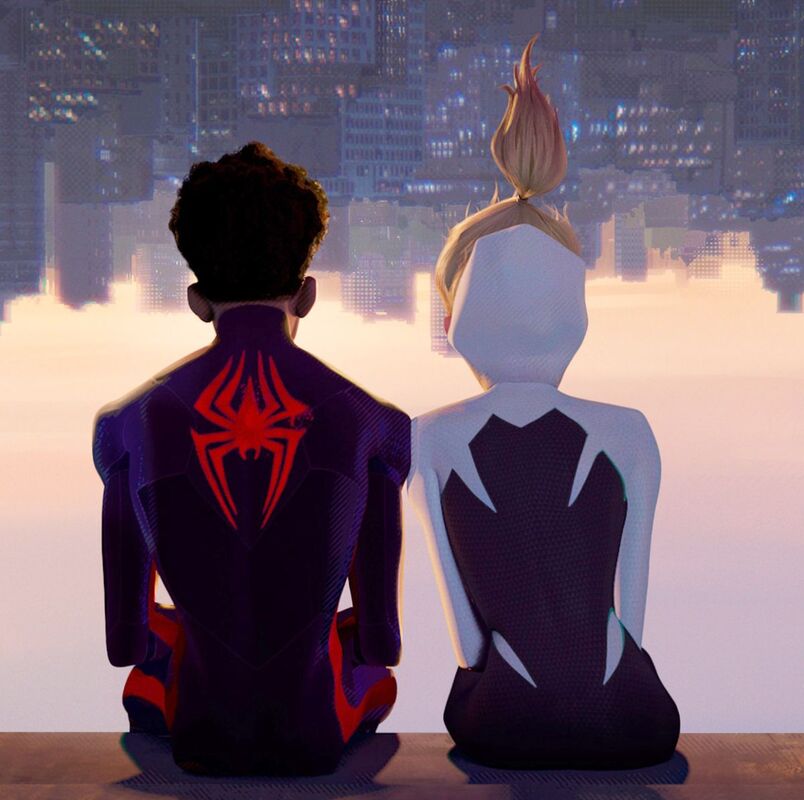
 RSS Feed
RSS Feed